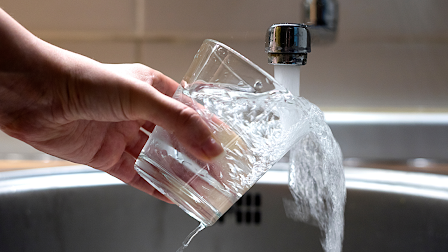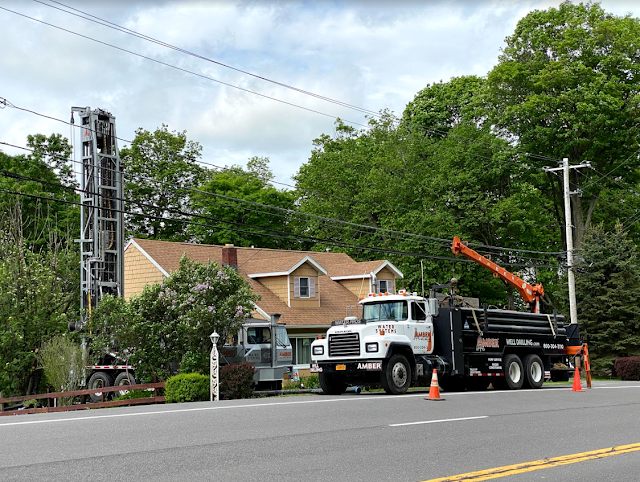How Deep Does a Well Need To Be?

Many people ask how deep their well should be. After all if there is water at 30 feet, shouldn’t we stop drilling? Let's find out. How deep should a water well be? According to the Water Systems Council’s Wellcare program, the average consumer water well ranges between 100 and 800 feet, but some do reach over 1,000 feet deep. The purpose of drilling a water well is to find water, but there several things to consider when drilling. 1. Contaminants There may be water very shallow under the surface. The issue with this is there may be any number of contaminants from the surface accessing that water. Road salt, car exhaust, or anything else may seep into that water. Also, in times of drought, a shallow well is more likely to run dry. 2. What Is In The Ground When drilling, a contractor can go through several different layers of soil before hitting bedrock. There may be water available at a relatively shallow layer of soil, ...






